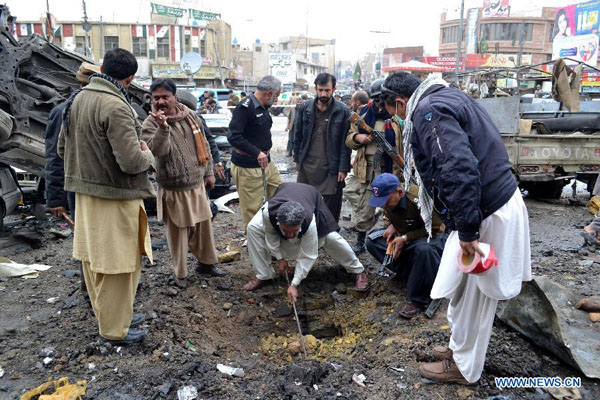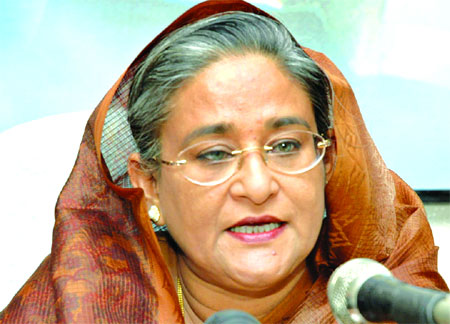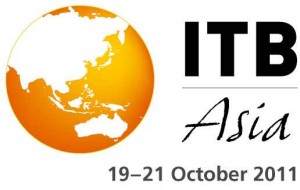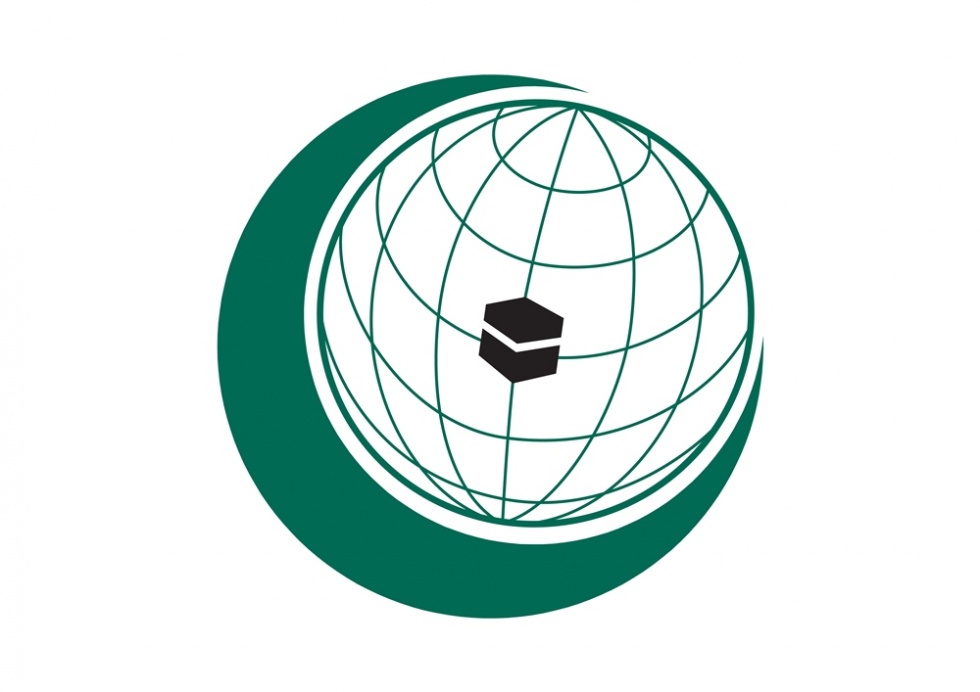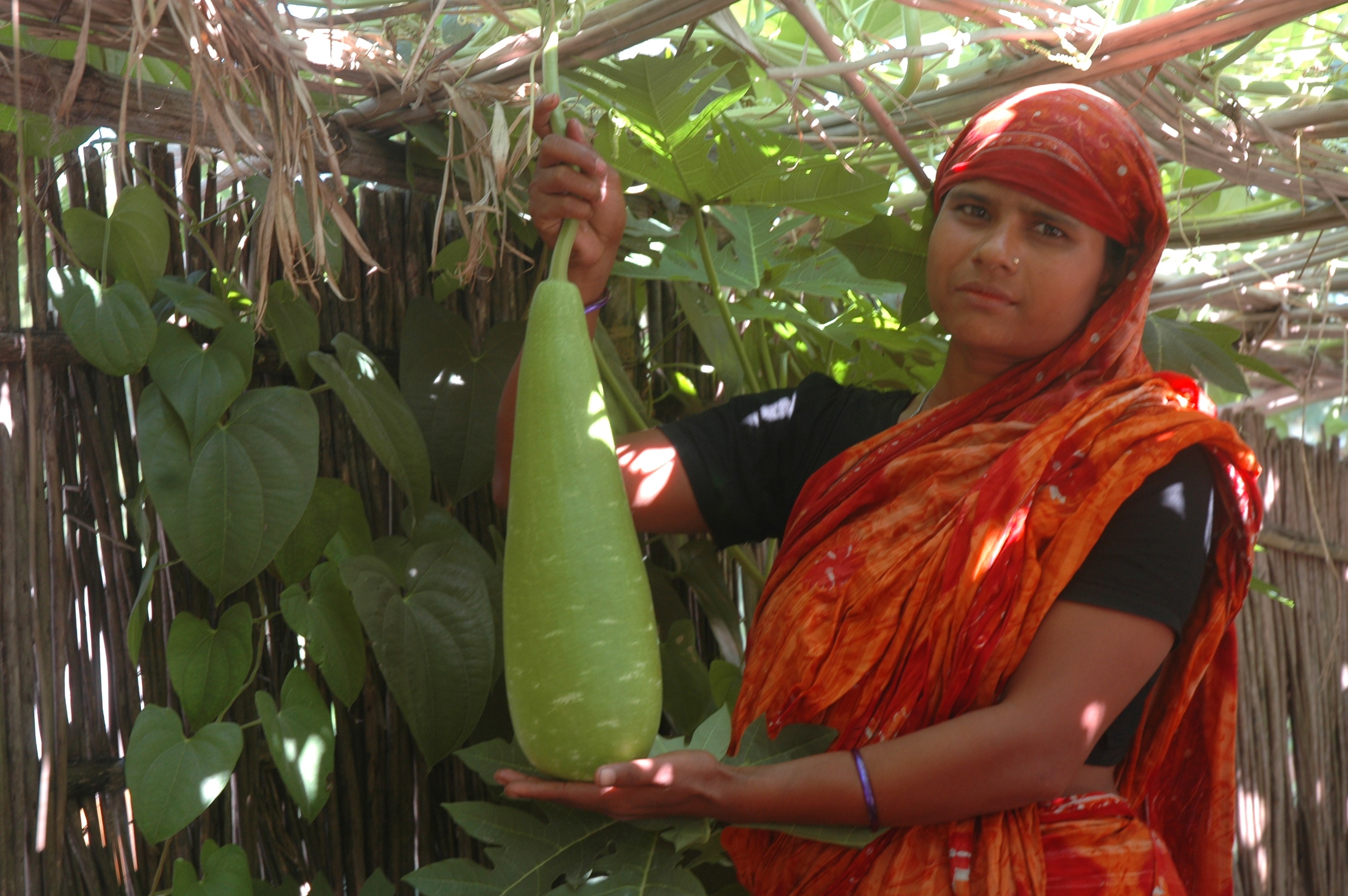 RANGPUR, Jan 11, 2013 (BSS) – Homestead vegetables farming using compost fertilisers has brought fortunes to over 100,000 distressed and landless women living in remote char areas on the Brahmaputra basin in recent years.
RANGPUR, Jan 11, 2013 (BSS) – Homestead vegetables farming using compost fertilisers has brought fortunes to over 100,000 distressed and landless women living in remote char areas on the Brahmaputra basin in recent years.
“The successful women have been cultivating vegetables on their tiny homesteads with raised plinths along with other income generating activities driving away monga to begin new life,” said Communications Unit Manager Kabir Hossain of the Char Livelihoods Programme (CLP).
Under the comprehensive CLP activities, char families are being assisted to escape floods through raising plinths and make them self-reliant through various income generations including homesteads gardening under adverse situations, Kabir said.
According to CLP officials, plinths of 90,600 households were raised under phase-I during 2004-2010 and 25,934 households so far under phase-II aiming at raising 85,000 households on plinths by 2016 to improve livelihoods of one million extreme poor in char areas.
Over 1,00,000 extremely poor families living in char areas of Kurigram, Bogra, Gaibandha, Sirajganj, Jamalpur, Lalmonirhat, Nilphamari, Rangpur, Pabna and Tangail have achieved the success
to overcome poverty comprehensively so far.
Chilmari upazila chairman Shawkat Ali Sarker, Bir Bikram, said these char people have achieved success with assistances of CLP being funded by Department for International Development and the Australian Agency for International Development.
Side by side escaping floods for raising plinths, the poor char people have been improving livelihoods through homesteads vegetables cultivation, animal husbandry and other income generation activities, said Taramon Bibi, Bir Pratik.
Agriculture Coordinator of RDRS Bangladesh Mamunur Rashid said these char people achieved huge success in vegetables farming and other income generation activities after escaping floods following raising plinths in recent years with CLP assistances.
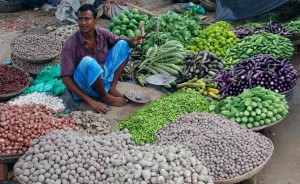 Talking to BSS recently, CLP beneficiaries Shahera Begum, Lalbanu, Halima, Rahela, Ayesha, Delwara, Suborna, Mamtaz and Johura of different char villages narrated about their unthinkable successes achieved through vegetables farming on tiny homesteads.
Talking to BSS recently, CLP beneficiaries Shahera Begum, Lalbanu, Halima, Rahela, Ayesha, Delwara, Suborna, Mamtaz and Johura of different char villages narrated about their unthinkable successes achieved through vegetables farming on tiny homesteads.
Before taking up vegetable farming as the means of their subsistence, most of the women were in abject poverty in the erosion-and poverty-prone sandy chars on the Brahmaputra, Teesta
and Dharla basins in greater Rangpur, they said.
“Now they are leading a changed life with three- time meals a day, sanitary facility and their children are going to schools and dreaming for a better life in the desired medium income Bangladesh,” said NGO expert Sumona Sharmeen.
The CLP beneficiary women told BSS that many NGOs with the assistances of the DFID and government have been helping them in changing lots through various income- generating activities including homestead vegetable farming.
With the CLP assistances, huge quantities of vegetables are being produced in over 35 char villages of the Teesta basin under Gangachara, Pirgachha and Kawnia upazilas in Rangpur alone, changing life of over 1,000 families in short time.
“We are mostly cultivating pumpkin, sweet gourd, `Korola’, `Chichinga’, `Borboti’, `patol’, `Kakrol’, `Jhinga’, `Shosha’, `Lomba Lau’, brinjal, cauliflower, chilly, ‘Palong and Lal sak, garlic, water melon etc,” char women Shameema, Parveen and Amena said.
“We could do even better if fair prices were ensured as middlemen vegetables’ traders generally purchase our vegetables at lower rates for lack of adequate marketing and preservation facilities in our hardly reachable char areas,” they said.
Author : Mamun Islam BSS







